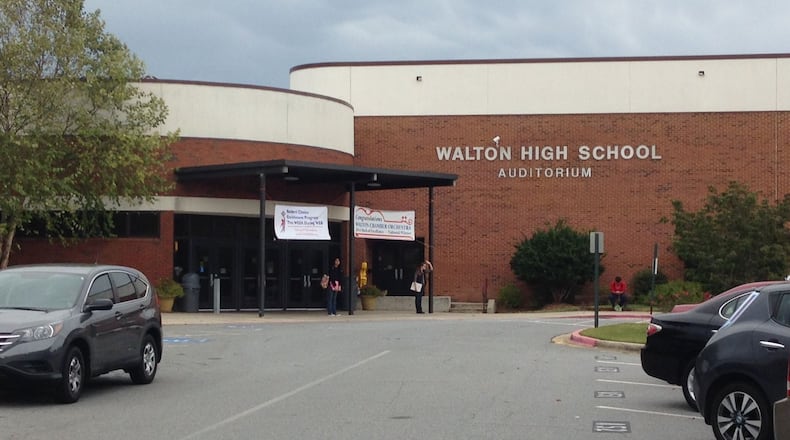The special purpose local option sales tax for education (ESPLOST) has paid for school capital projects across the state, but metro Atlanta schools benefit more than rural Georgia districts, a new study shows.
Since 1996, school districts have been able to ask voters to approve a 1 cent sales tax to fund costly projects, like constructing new schools and purchasing instructional technology. In every Georgia county but one, voters have approved at least one ESPLOST, and most counties have renewed the tax every five years.
- GEORGIA LEGISLATURE: Plan to give county schools more power in tax split fails in House
Georgia State University researchers Ross Rubenstein and Nicholas Warner published a study this month showing districts around Atlanta, including Cobb and Fulton, benefit disproportionately from the tax.
“We find large disparities in sales tax bases across the state...particularly in rural parts of the state,” the study said.
Because ESPLOST taxes purchases, districts with many retailers and shopping centers benefit most. Some counties are “exporting” their taxes, the study says, because their citizens drive to other counties to do their shopping.
In Cobb County, ESPLOST revenue has paid for 28 new schools and more than 2,700 new classrooms, as well as improvements including fencing, video surveillance cameras and instructional software.The county projects it will collect almost $800 million over the next five years if voters renew ESPLOST in March.
The study recommends that the Georgia legislature explore tax sharing plans “to help break the link between the quality of a district’s school facilities and the happenstance of retail locations.”
The researchers also noted that ESPLOST funding has benefited Georgia counties by providing an alternative to debt. Before ESPLOST, districts typically borrowed money to fund capital projects, but now districts can fund them without paying interest.
About the Author
Keep Reading
The Latest
Featured


